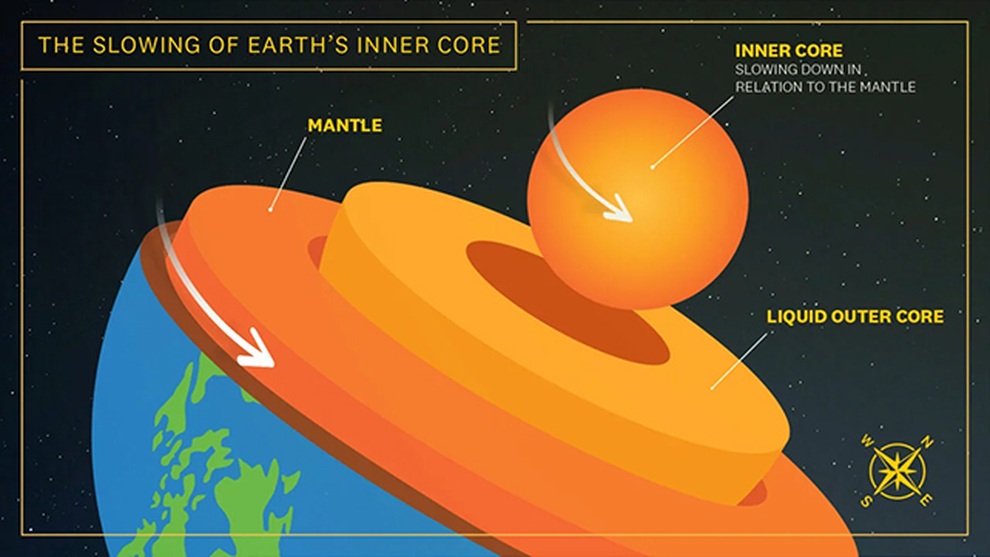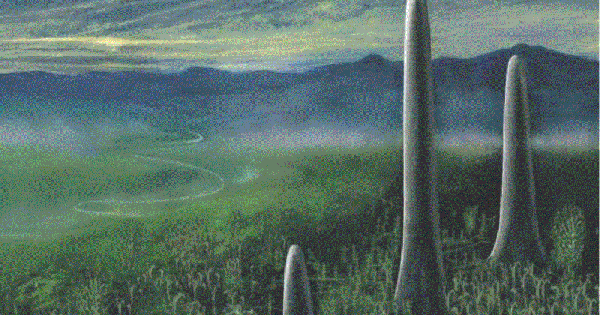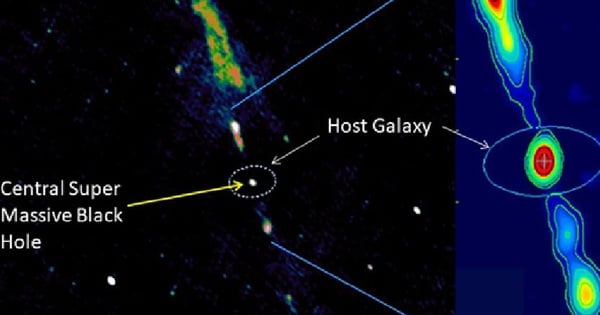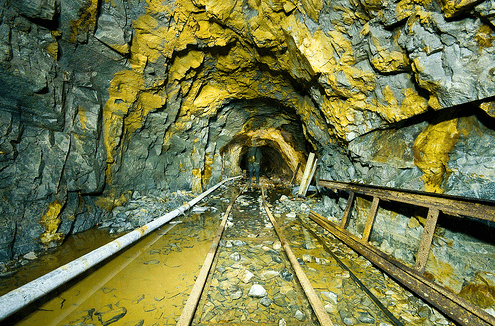A new study confirms that the Earth's core is slowing down, raising the question of why and how will it affect us?
This is a study led by a team of experts at the University of Southern California, USA. Researchers discovered that changes in the rotation of the Earth's core can affect the length of a day.

"When I first saw the seismic maps showing this change, I was amazed, but when we found more than two dozen other observations showing the same pattern, it became clear that the results were correct," said Earth scientist John Vidale, part of the research team.
Recently, many scientists have also made similar comments and this new study has provided convincing evidence.
The Earth's inner core is a super-hot, super-dense ball of iron and nickel thought to be about two-thirds the size of the Moon. It's located about 3,000 miles (4,800 kilometers) below the surface where we live, so studying it is no easy task.
However, scientists are still trying to understand the Earth's core because from there we will know a lot about the history of the formation of our planet.
In the new study, Vidale and his colleagues analyzed data from 121 earthquakes recorded between 1991 and 2023 in the South Sandwich Islands region of the Atlantic Ocean, combined with data from several nuclear tests. These are events that cause major earthquakes on Earth.
By mapping the rate at which seismic waves rise, fall, and interact, the researchers estimated the location and motion of the inner core. They believe its counterrotation relative to the surface began around 2010 and may be caused by the constant movement of the liquid iron outer core, which creates a magnetic field, or by gravitational forces.
How does this phenomenon affect human activities?
Scientists are still not sure, but they say that changes in speed, reversals and pulsations in the core are not uncommon, so there is no sign that humans will encounter the kind of disaster that is depicted in science fiction movies. We may experience small changes in day and night, but these changes are not significant.
Scientist Vidale says the change in time is only about 1/1000 of a second so we wouldn't feel anything, it would be drowned out by the noise of the ocean and the movement of the atmosphere.
Still, the findings add significantly to our understanding of Earth's interior and core rotation, something scientists will likely continue to monitor closely because "the dance of the inner core may be much more dynamic than we know," says planetary scientist Vidale.
According to Dan Tri
Source: https://doanhnghiepvn.vn/cong-nghe/loi-trong-cua-trai-dat-dang-thuc-su-quay-cham-dan-hien-tuong-nay-anh-huong-nhu-the-nao-den-hoat-dong-cua-con-nguoi/20240622103516962


![[Photo] Feast your eyes on images of parades and marching groups seen from above](https://vstatic.vietnam.vn/vietnam/resource/IMAGE/2025/4/30/3525302266124e69819126aa93c41092)




![[Photo] Fireworks light up the sky of Ho Chi Minh City 50 years after Liberation Day](https://vstatic.vietnam.vn/vietnam/resource/IMAGE/2025/4/30/8efd6e5cb4e147b4897305b65eb00c6f)




























































































Comment (0)